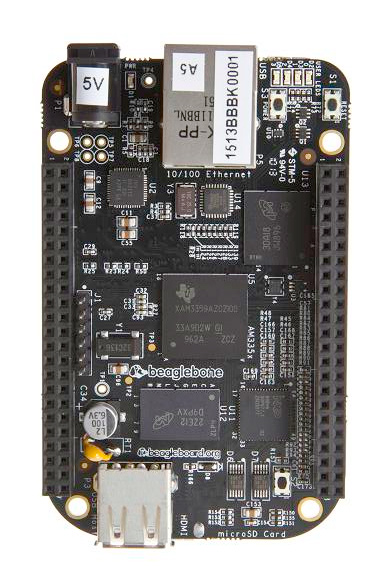Last week I managed to get Carla running on my RPi. Carla is a really nice plugin host that supports the most important plugin frameworks available for Linux (LV2, DSSI, LADSPA and VST) with some awesome extra features like a built-in ZynAddSubFX synth and support for SF2, SFZ and GIG files. The latter didn’t work until yesterday but I managed to compile LinuxSampler (which is needed by Carla in order to be able to load SFZ and GIG files) for the RPi with the help of Paul Brossier aka piem from the Aubio project.
I just wrote him a mail:
Hello Paul,
I’m trying to package LinuxSampler for Raspberry Pi but I’m running into an issue when compiling which fails with a message related to RTMath.h. After some googling I ended up here:
http://bb.linuxsampler.org/viewtopic.php?f=2&t=514#p3156
So I started scouring the interwebs and found this:
http://packages.qa.debian.org/l/linuxsampler/news/20050806T210205Z.html
Where there is a reference to a possible fix. But the diff.gz that contains the patch is untraceable. I know this announcement is almost 8 years old but do you think you still have the diff or maybe an idea what changes you made to the code?Thanks in advance and keep up the good work with Aubio!
Best regards,
Jeremy Jongepier
And guess what, he replied almost instantly! He gave me some pointers where to add some extra code and even though I’m not a coder I started trying things out. But then I stumbled upon actual patches to resolve this issue. I needed both the ARM and atomic patch and after applying those LinuxSampler compiled flawlessly in my Raspbian ARM chroot. The few lines of code I cooked up myself were almost identical so I got quite far actually. I should really pick up learning how to code, I think I’d learn fast.
So after compiling LinuxSampler I could rebuild Carla against the freshly created LinuxSampler libs. Installed the deb on my RPi and loaded some SFZ’s. It all worked like a charm. Carla is like a Swiss Army Knife, I’m really starting to appreciate this piece of software. Kudos to falkTX! And thanks to Paul Brossier for responding so quickly and helping me to get on the right track.
Carla running on the Raspberry Pi



